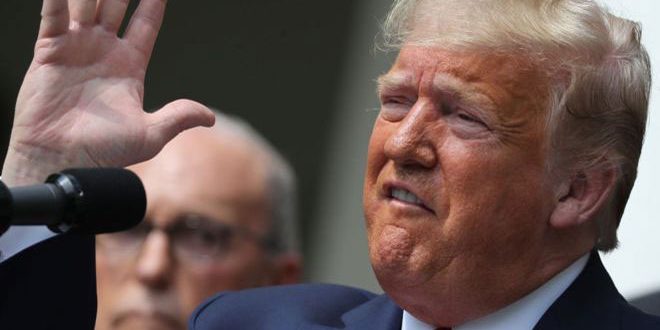Over the course of his presidency, Donald Trump has indulged his authoritarian instincts—and now he’s meeting the common fate of autocrats whose people turn against them, according to an article written by Franklin Foer in The Atlantic magazine
The writer said: “As in the case of many such revolutions, two battles are being waged in America. One is a long struggle against a brutal and repressive ideology. The other is a narrower fight over the fate of a particular leader. The president rose to power by inflaming racial tensions. He now finds his own fate enmeshed in the struggle against police brutality and racism.
He added that local governments were the next layer of the elite to buck Trump’s commands. After the president insisted that governors “dominate” the streets on his behalf, they roundly refused to escalate their response.
It is astonishing how events in the U.S., despite all the obvious imperfections of the analogy, have traced the early phases of this history. This is observable in the images of the crowds on successive nights, as Trump’s violent suppression of the protests in Lafayette Square has only caused their ranks to swell. And it’s possible to see how elites, in the course of just a few days, have begun to withhold cooperation, starting with the outer circles of power and quickly turning inward.
Even if the protests fizzle—and the parade of denunciations comes to an end—it’s worth pausing to marvel at the moment. Despite the divisions of the country, a majority of its people joined together in shared abhorrence of the president, at least for an instant. Sectors of society that studiously avoid politics broke with their reticence. In a dark era, when it seemed beyond the moral capacities of the nation, it mustered the will to disobey.

